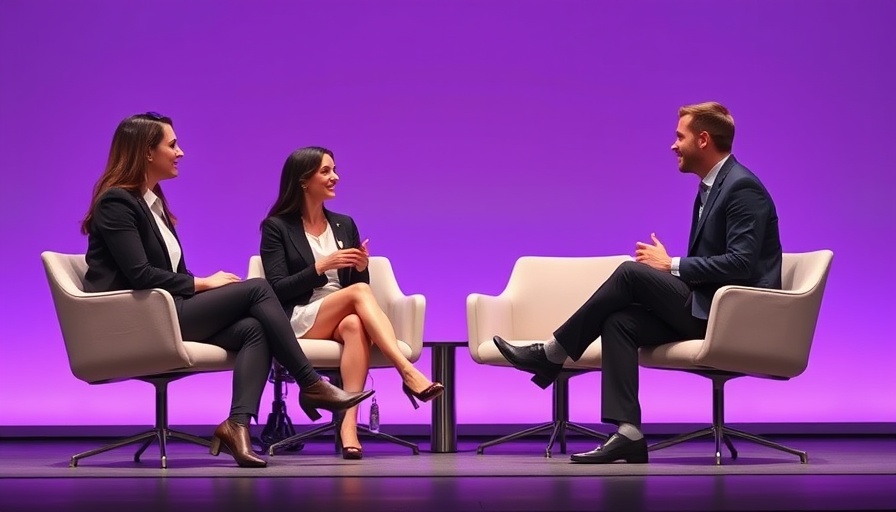
AI’s Growing Role in Software Development
In recent years, artificial intelligence has started to play a pivotal role across various sectors, and the tech giant Microsoft is no exception. During a revealing statement, CEO Satya Nadella shared that as much as 30% of their company's code has now been generated by AI. This statistic not only highlights the profound impact of AI in software development but also poses intriguing questions about the future of programming and innovation in the tech industry.
Understanding AI in Code Creation
Artificial intelligence (AI) is no longer just a buzzword; it's influencing the way businesses operate, particularly in programming and operations. AI tools, like GitHub Copilot, enable developers to augment their capabilities, making coding faster and more efficient.
For instance, AI algorithms can analyze vast amounts of data to generate code snippets based on user inputs. This not only reduces development time but also supports developers by automating repetitive tasks. The move towards such technology is a clear signal of how businesses are working to stay ahead in an increasingly competitive landscape.
The Impact on the Workforce
One major concern that arises with the integration of AI into coding practices is the impact on employment. Will automation lead to fewer job opportunities for developers? It’s a complex issue. While certain tasks may be automated, this trend also opens up new avenues for innovation and specialization in tech roles.
Job roles will likely transition towards more supervisory and creative tasks, where human intuition is irreplaceable. This means that developers will need to adapt and evolve alongside these technological advancements to remain competitive in the job market.
Driving Efficiency: The Business Case for AI
Utilizing AI in software development is not just a trend; it’s becoming essential for businesses aiming for efficiency and productivity. By streamlining processes, organizations can redirect their resources towards strategic initiatives. The data showing that 30% of Microsoft’s code originates from AI indicates a significant leap in how processes can be optimized.
This efficiency is mirrored in other areas of digital marketing as well. From SEO updates to content strategy developments, automation and AI tools are transforming how marketers deliver results. Companies must embrace these changes to keep up with evolving consumer expectations and competitive practices.
Cascading Effects on Digital Marketing
The ripple effects of AI in software development extend into digital marketing strategies as well. Professionals in the field are leveraging AI to inform SEO strategies, refine PPC ads, and enhance content marketing initiatives. These tools can provide deeper insights into consumer behavior, ultimately leading to a more personalized and effective marketing approach.
As CEO Nadella emphasizes the role of AI in Microsoft, it's worth noting that our own marketing strategies can greatly benefit from similar technologies. Automation can optimize campaigns and increase engagement through data-driven decisions.
The Future of AI in All Sectors
Looking ahead, it’s essential for both tech and marketing professionals to anticipate further advancements in AI technologies. As coding continues to evolve, we may see AI taking on more complex tasks, enabling teams to focus on creative problem-solving and strategic thinking.
Aligning these advancements with broader digital marketing goals will allow for a far more integrated approach to growth. Businesses that remain agile and open to change are likely to thrive in this new era.
As we conclude this discussion, consider how AI's growing role might impact your own operations. Are you ready to adopt new technologies to elevate your coding, marketing, and overall business strategies? The time to act is now, especially as 2025 brings in a range of digital marketing trends and tools that can revolutionize your approach.
 Add Row
Add Row  Add
Add 




Write A Comment